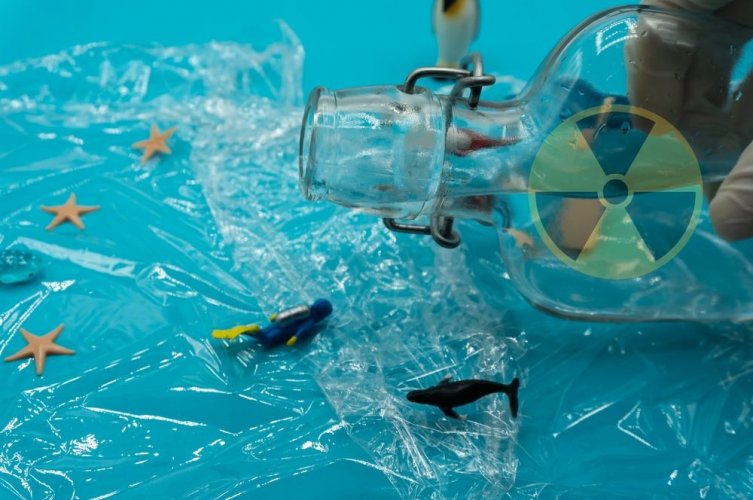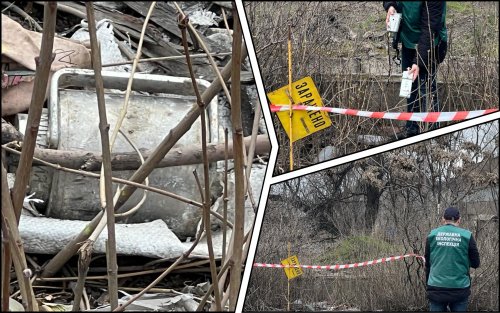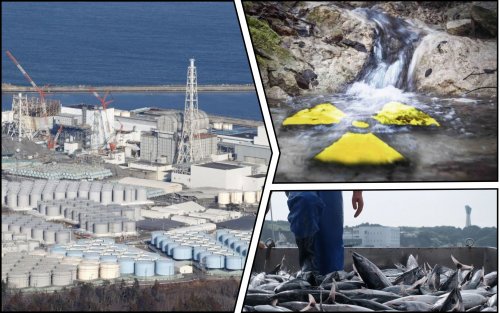The Japanese government plans to release more than 1 million tons of radioactive water from the Fukushima nuclear power plant into the ocean in the spring or summer of 2023.
Although the water has been cleaned of most radioactive isotopes and is considered safe, Japan's plans have sparked outrage among local fishing communities and countries in the region, the Guardian reported.
It is noted that the water still contains tritium, a naturally occurring radioactive form of hydrogen that is technically difficult to separate from water. Tritium, according to plan operator Tokyo Electric Power (Tepco), is harmless in small amounts. Japanese officials insist the "purified" water will not pose a threat to human health or the marine environment.
"The fluid, which Japanese officials say is 'processed' and not 'contaminated,' consists of water used to cool the damaged reactors, as well as rainwater and groundwater seeping into the area," the authors said.
The article emphasized that local fishermen reacted angrily to the planned discharge. They point to high risks of people stopping buying their seafood because of safety concerns. However, fishermen will have access to a new fund of $385 million.
South Korea, China and the Pacific Islands Forum have also expressed concern about the plan.
The authors said that Fukushima's wastewater is currently stored in more than 1,000 tanks, which officials say must be removed before the plant can be decommissioned. The process is expected to last 30-40 years.
However, as noted by the International Atomic Energy Agency (IAEA), nuclear plants around the world use a similar process to dispose of wastewater that contains low concentrations of tritium and other radionuclides. In addition, the IAEA has conducted several safety reviews of the plan and will publish a report based on its findings, as well as provide support before, during and after release
Earlier, EcoPolitic wrote, that the Japanese government decided to dump more than 1 million tons of water from the destroyed nuclear power plant "Fukushima-1" into the ocean.
As EcoPolitic previously reported, lakes in the mountains of Japan that were affected by the nuclear disaster at the Fukushima-1 nuclear power plant will be radioactive for at least another 20 years.





